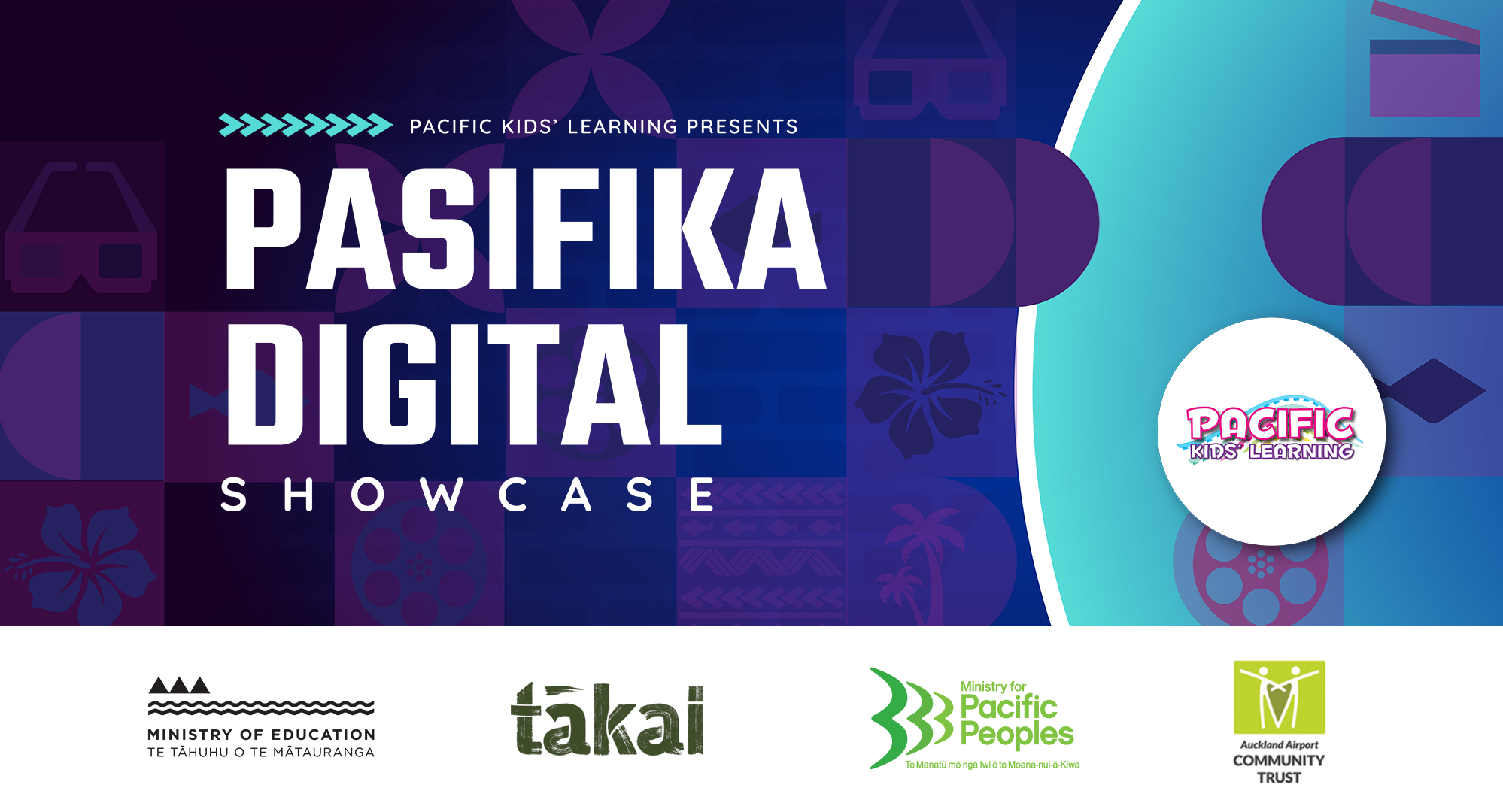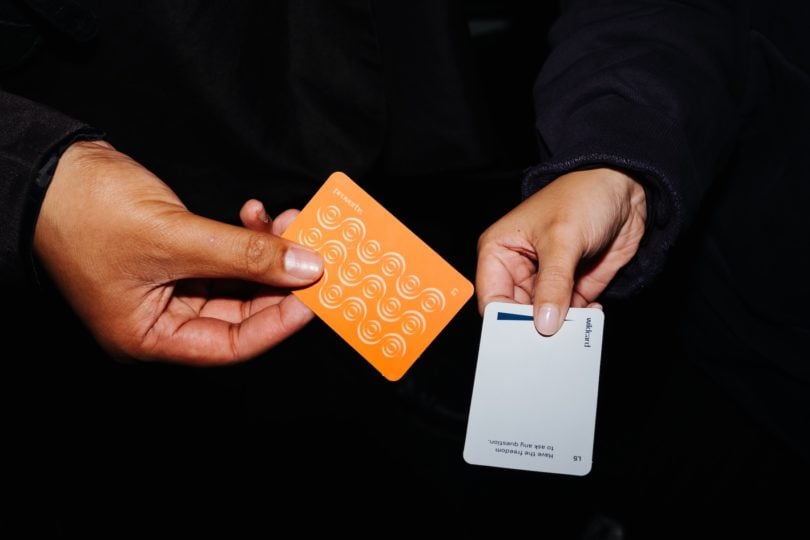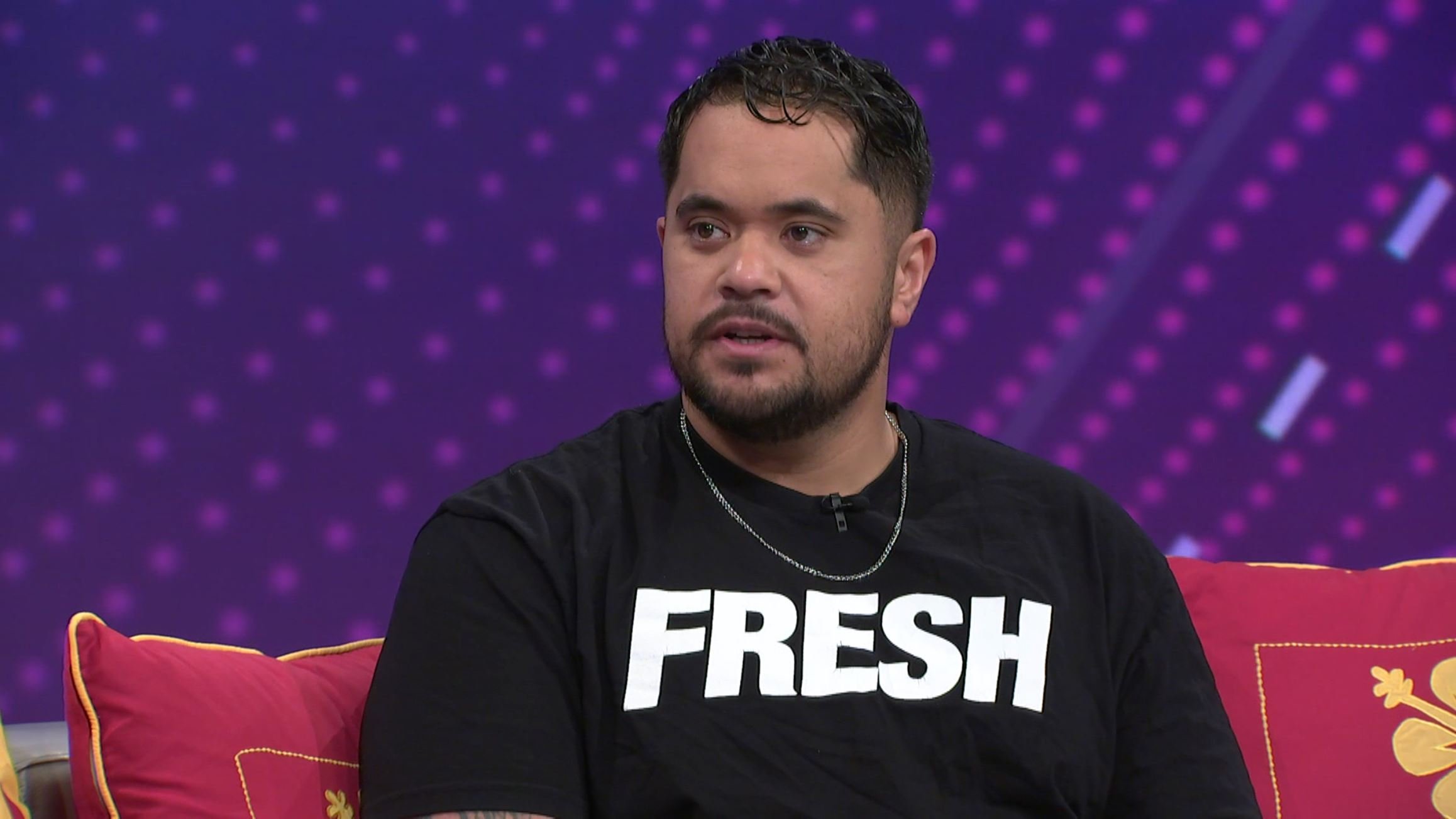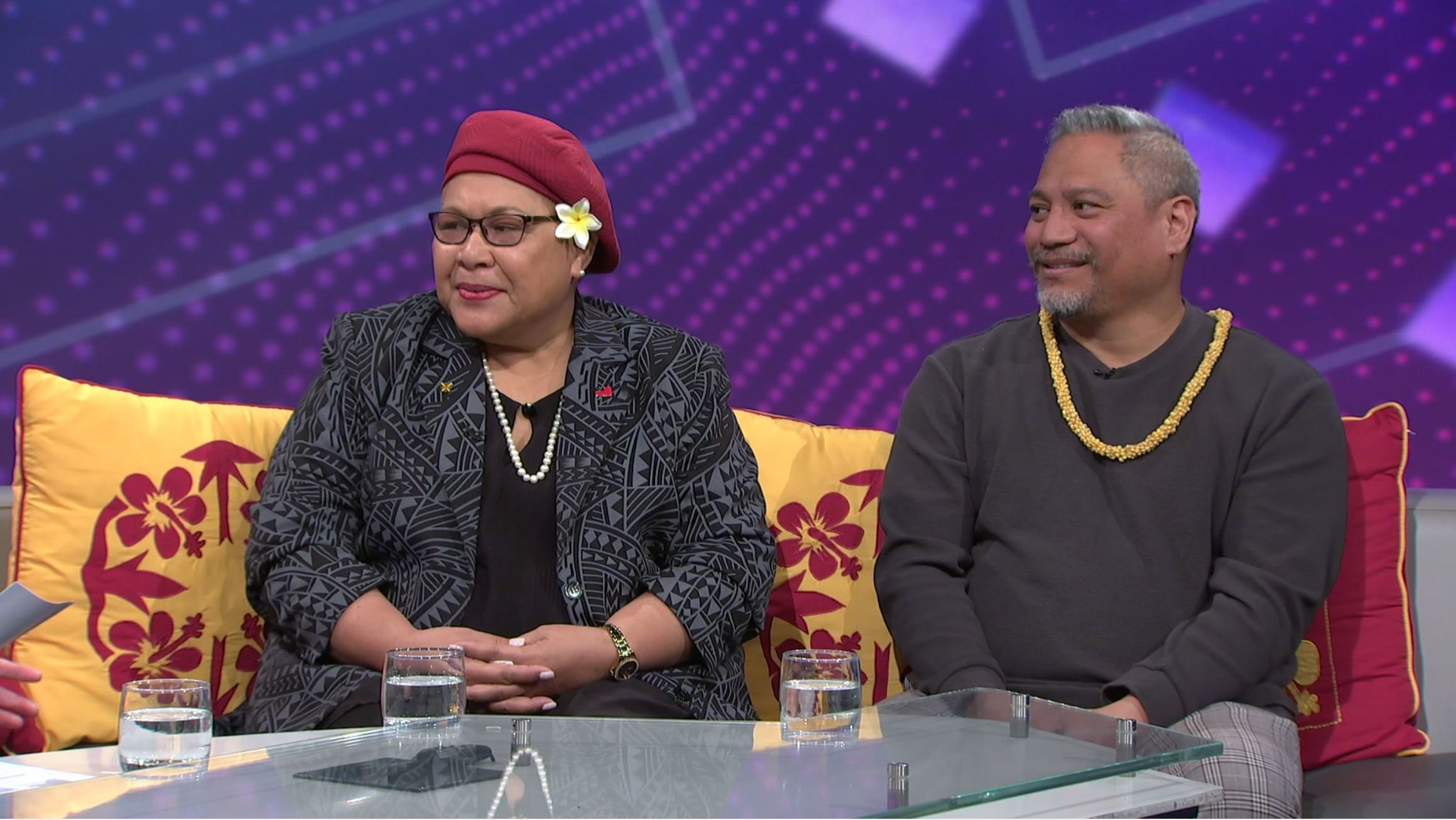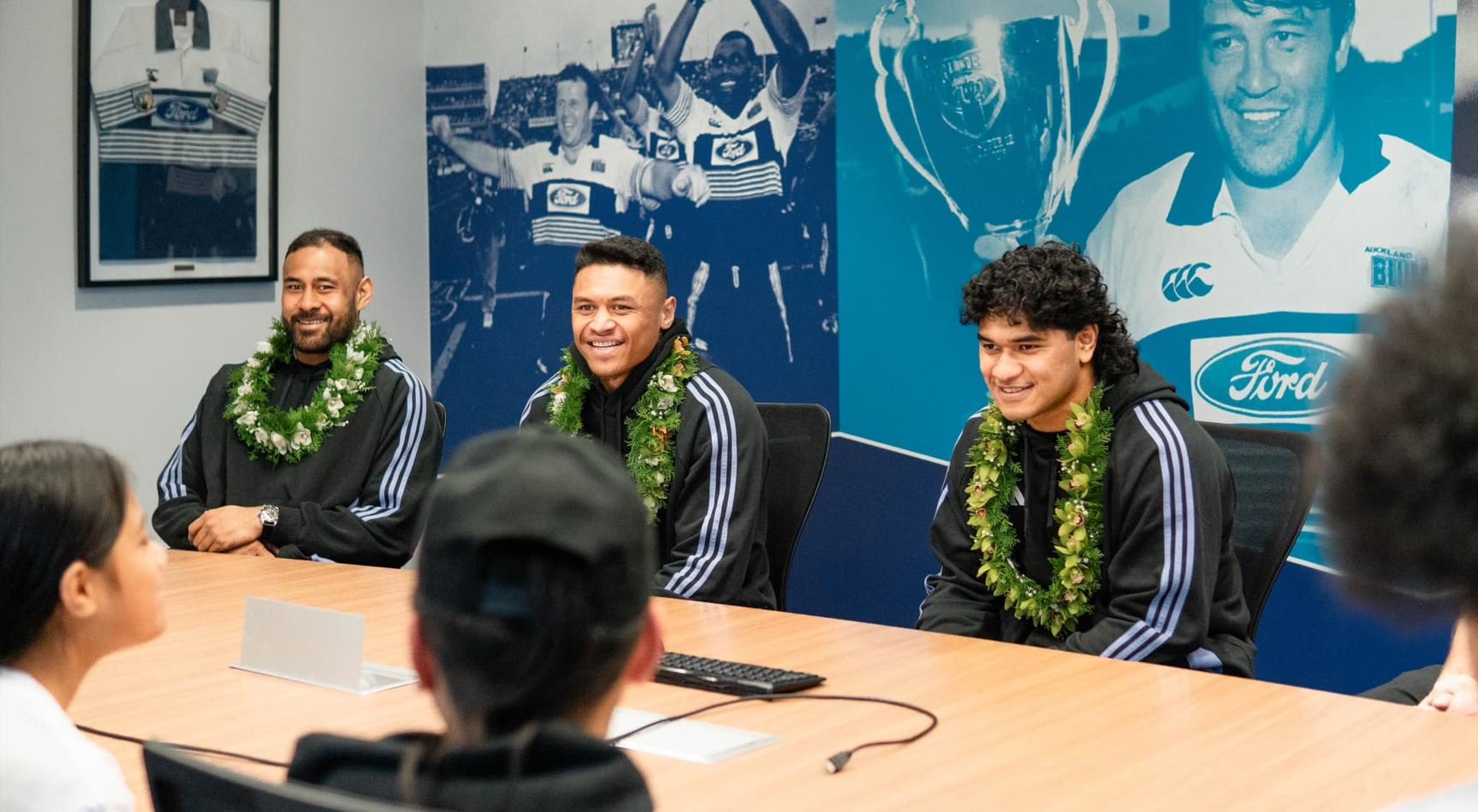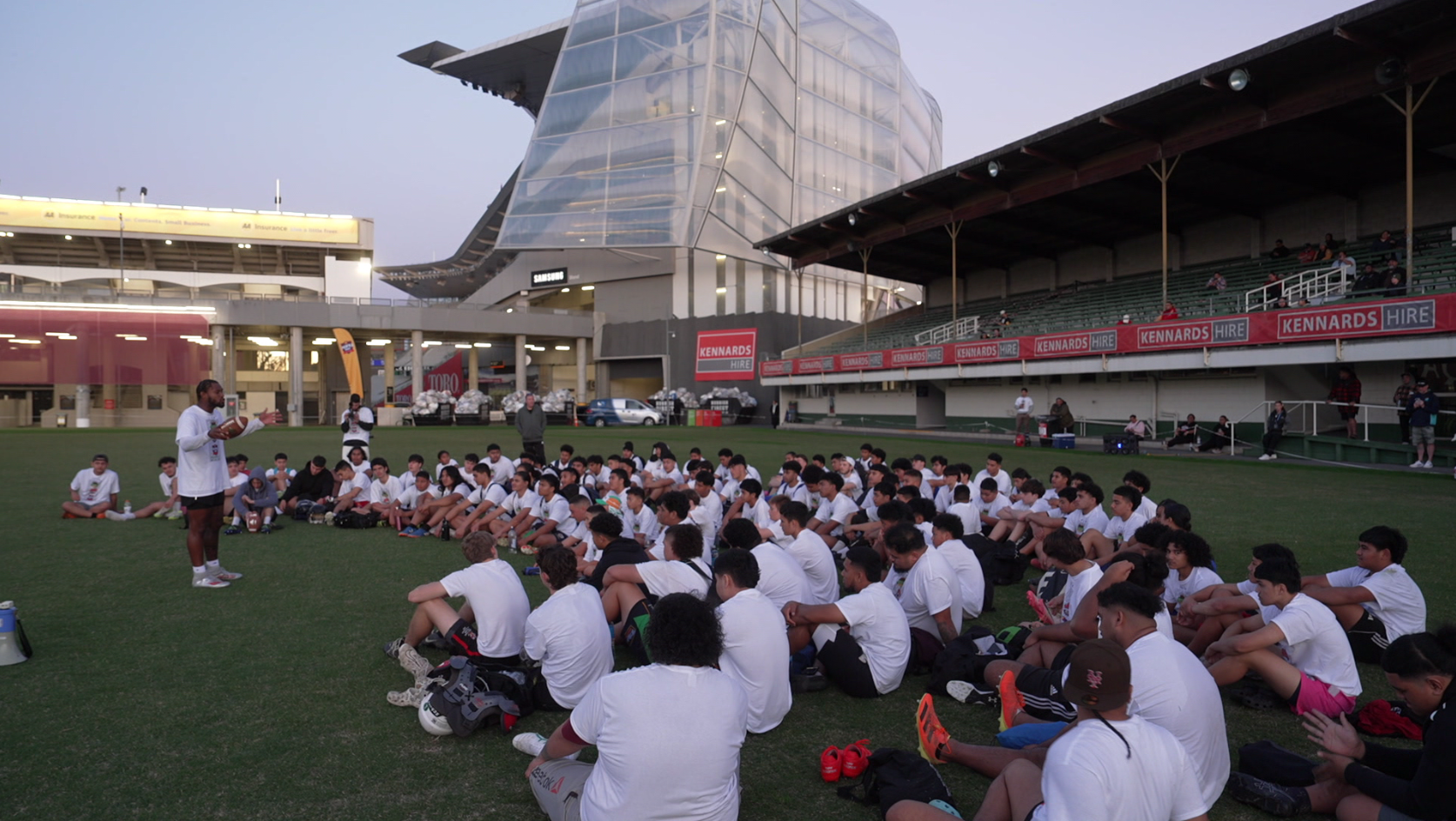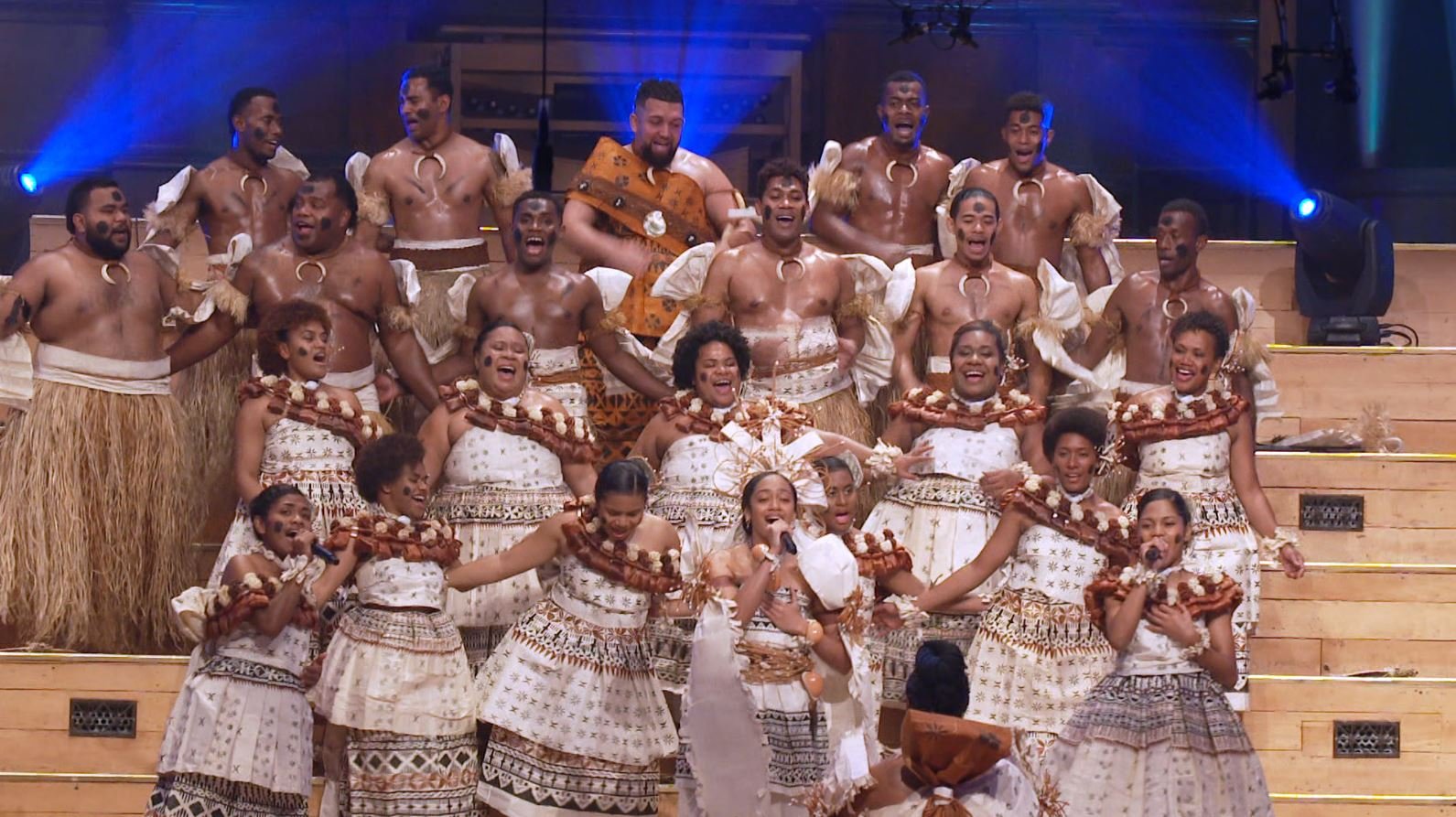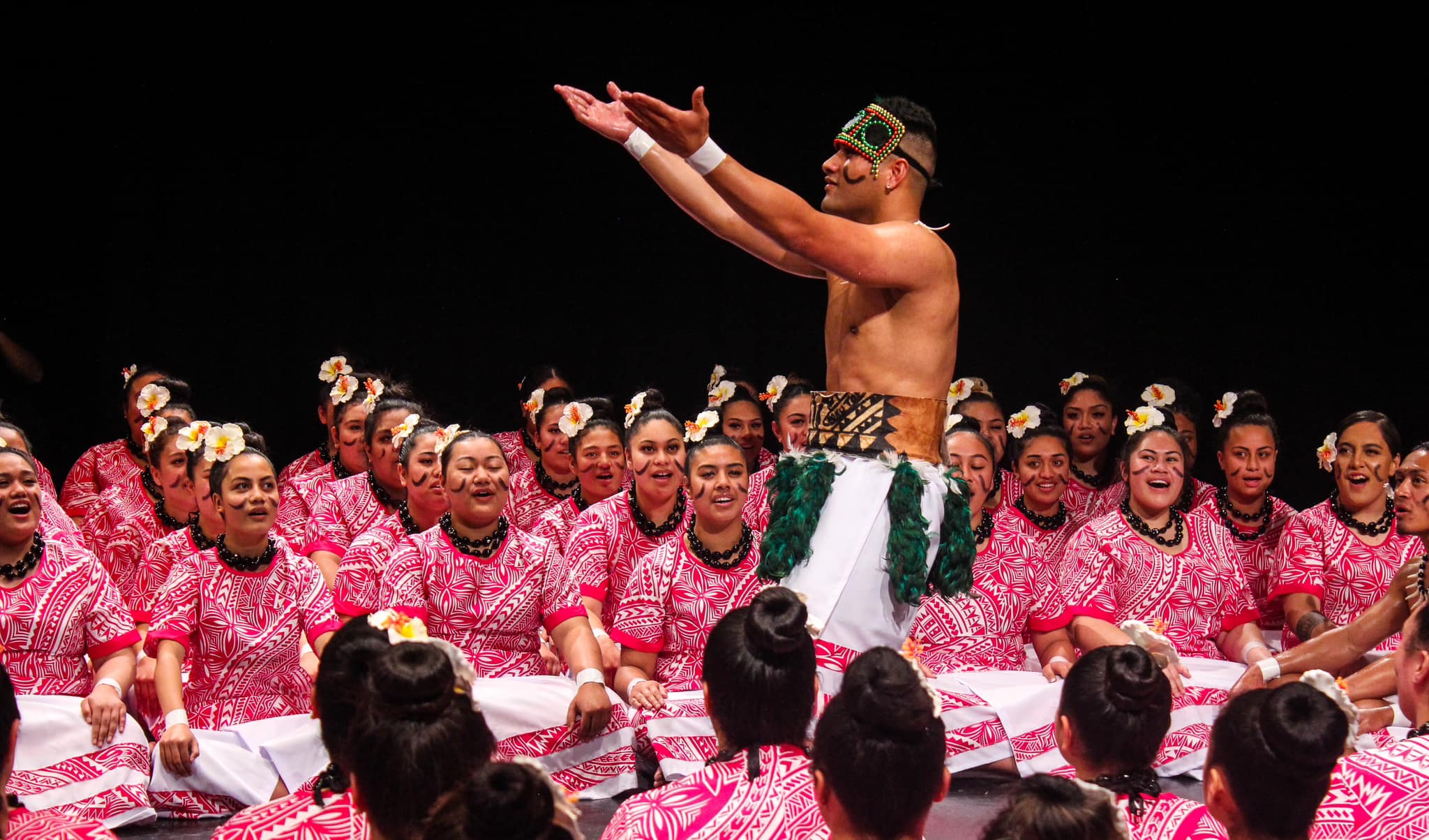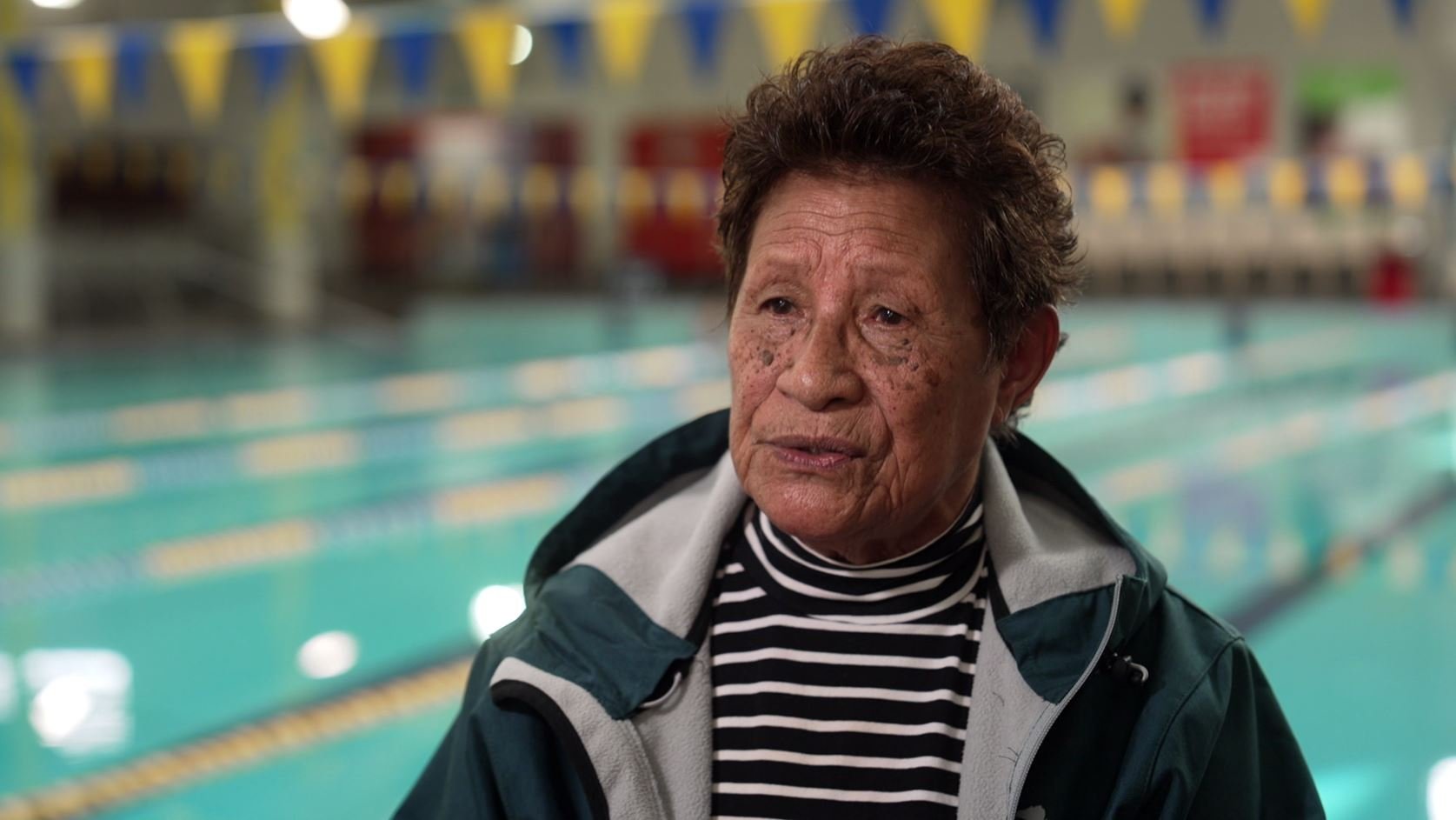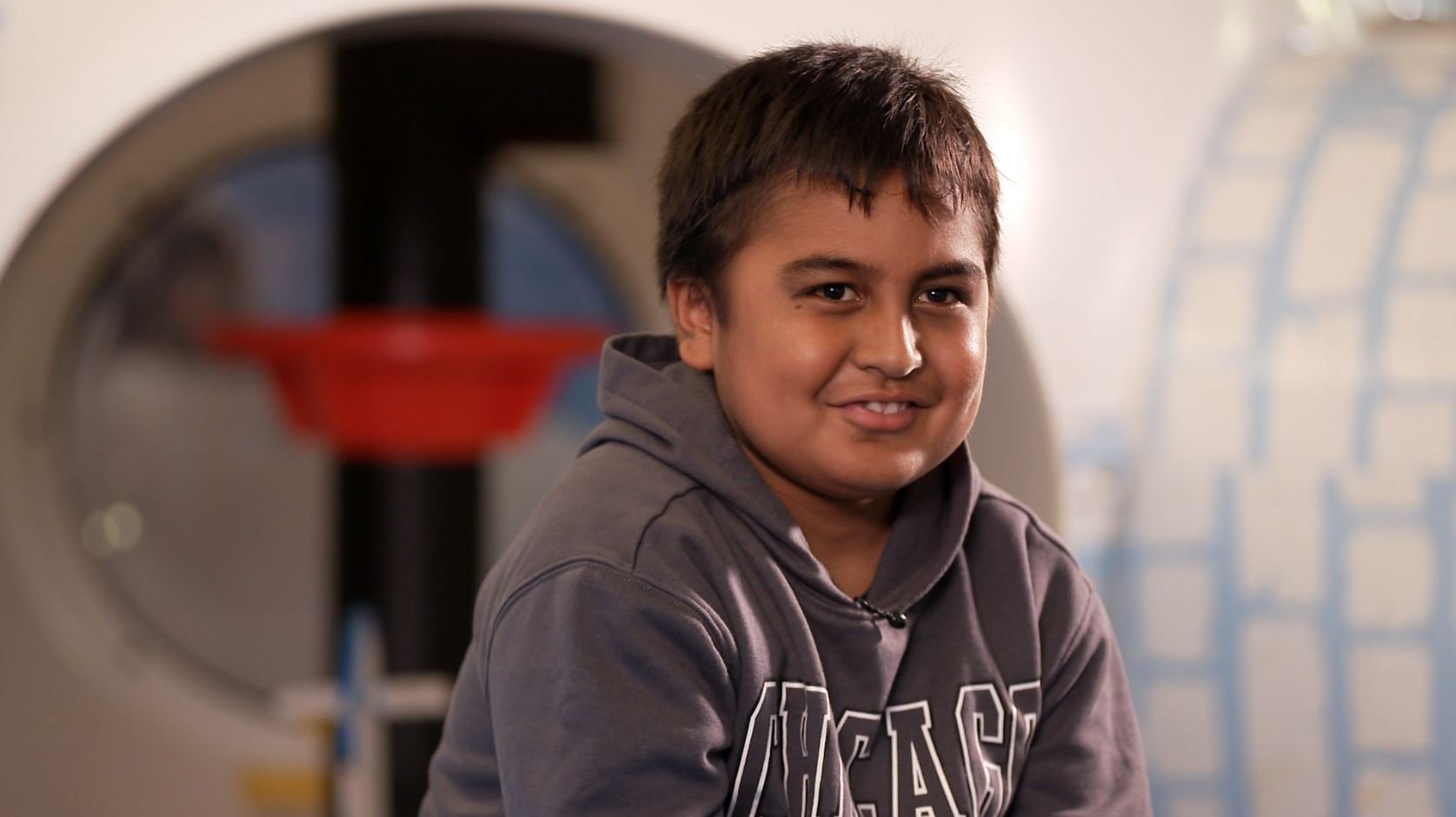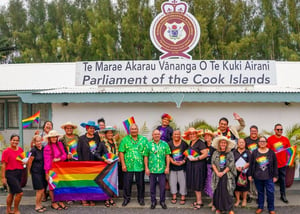
After 25 years of academia Polynesian Panther Dr Melani Anae is stepping outside of the lecture hall as she continues to ‘educate to liberate’.
I remember attending a launch in 2021 held in the Hamilton headquarters of the Mongrel Mob Kingdom, calling for an independent inquiry into institutional racism and racial profiling by the Waikato Police.
One of the guest speakers was long-time member of the Polynesian Panthers, Lupematasila Misatauveve Dr Melani Anae. She spoke about the Dawn Raids in the 1970s where government-sanctioned policies targeted overstayers, particularly from the Pacific Islands.
Dr Anae recalled those harrowing years and shared how the Panthers rallied against the racial discrimination endured by Pacific and Maori communities. There was silence in the hall as she took us back to a dark period in the history of Aotearoa.

Fast forward to 2024 and Dr Anae continues to talanoa and advocate against racism and social injustice. Speaking ahead of her retirement from Auckland University last month, the renowned scholar exhibited the same passion and fire that’s signified her life as a publisher, writer and a Samoan Pacific leader.
The Fulbright scholar, recipient of the Queen’s Service Order and Matai (Samoan Chief) said goodbye to the world of academia after an illustrious career spanning 25 years.
In the early 2000s she was appointed the Director for the Centre for Pacific Studies at Auckland University. She went on to become a Senior lecturer in Pacific Studies and was appointed an Associate Professor and Honorary Professor.
The mother of three was part of the team that was instrumental in the construction of the University Fale Pasifika that was opened in 2005. It seemed only fitting that in February, family, friends, colleagues and fellow Panthers came together in the Fale to celebrate her retirement and achievements.

And the achievements are many. Dr. Anae has published extensively in transnational Pacific leadership, politics of identity and Pacific activism in New Zealand just to name a few. Her research has led to more than 90 published books, articles and commissioned reports.
Dr. Anae says, “when I look at the narrative and what has connected them, they all have the themes of activism, against racism and empowerment for Pacific Peoples and in education that liberates. Those three that I’ve just shared with you… guess where they came from? The Polyneisan Panthers three point platform.”
The Panthers three point platform is to annihilate all forms of racism, celebrate mana Pasifika and educate to liberate. Dr Anae says there are parallels between the key themes throughout her publications and the Panthers’ key objectives.

Reflecting on some of the highlights in her career, she mentioned four books published in 2020 and explained that they were written in the hope that they could help guide people in their revolutionary journey.
“So the liberation for Pacific Peoples can only be achieved through the decolonising of what I call the three C’s – Colonisation, Christianity and Capitalism, which are the processes of white supremacy and then re-indigenising one’s thinking and actions for dismantling those ideas that support the three Cs,” says Dr Anae.
The first book ‘The Platform – The Radical Legacy of the Polynesian Panthers’, provides an insight into the activism of the Panthers, as well as a personal perspective into her journey with them.
A recipient of the Royal New Zealand Marsden grant, and one of the very few Pacific scholars to achieve this, Dr Anae published, ‘A handbook for transnational Samoan Matai (Chiefs)’, the culmination of three years of research to investigate the Matai system, and look into the diverse perspectives from around the globe.
In the third book, ‘Women, Power And Place in Polynesia: Articulations From Samoa And Aotearoa, New Zealand’, she explores the role of powerful women in the Pacific such as the legendary warrior-chief Nafanua and touched on the importance of empowering women of all generations.
And her fourth publication, ‘I am who I am: Pacific tertiary students and centrality of ethnic identity for successful outcomes’, Dr Anae outlines it as a farewell to the University.

“I teach a course called Growing up ethnic in New Zealand, open to all ethnicities and over the years it has become one of my most important courses because it represents my activism, my Panther activism and so that is how you can bring culture back into the classroom…how you can produce successful students by letting them be who they are in terms of their ethnicities and making the classroom a place for healing, our safe space and well being.
“Interesting how, as I leave academia, how these four books came into fruition and they are all codes, short cuts and when people read them hopefully they can understand it, become empowered and do the work, there is so much work to do out there for our communities.”
And while she may have stepped down from teaching at the University, her work continues through other forms.
“I’m still being guided by the platform, but the beautiful thing about it is, that I’m sharing this platform at the highest levels, (governance roles), I’m just being who I am. Just being and always was…teaching; I miss the students, teaching the students always grounded me in terms of our work as scholars so I do miss the students,” says Dr Anae.

Hailing from the villages of Sama’i in Falelatai (father) and Si’umu and Lalovaea (mother) Dr. Anae sits on the National Action Plan Against Racism, and sits on the steering committee with the Ministry of Justice. She says we are making some inroads.
“So it’s happening, who would have thought, I mean the only country in the world who’s trying to address racism and my thinking about it is that it’s all related to Te Tiriti O Waitangi… and was the first document I feel that was trying to address racism way back in the 1840s.
“You’ve got a younger generation now who are becoming informed about racism…and we’ve got every confidence that our first platform, which is to annihilate racism is happening, because number one you’ve got a Prime minister of the country whose apologised for the racism of the Dawn Raids, that’s unique in the world,” says Dr Anae.
“We’ve spoken to thousands and thousands of children…and we have gauged like now, we, we’ve got we’ve got complete confidence that in 10 years time there’ll be a different Aoteroa than the one that we grew up as kids in the 70s.

